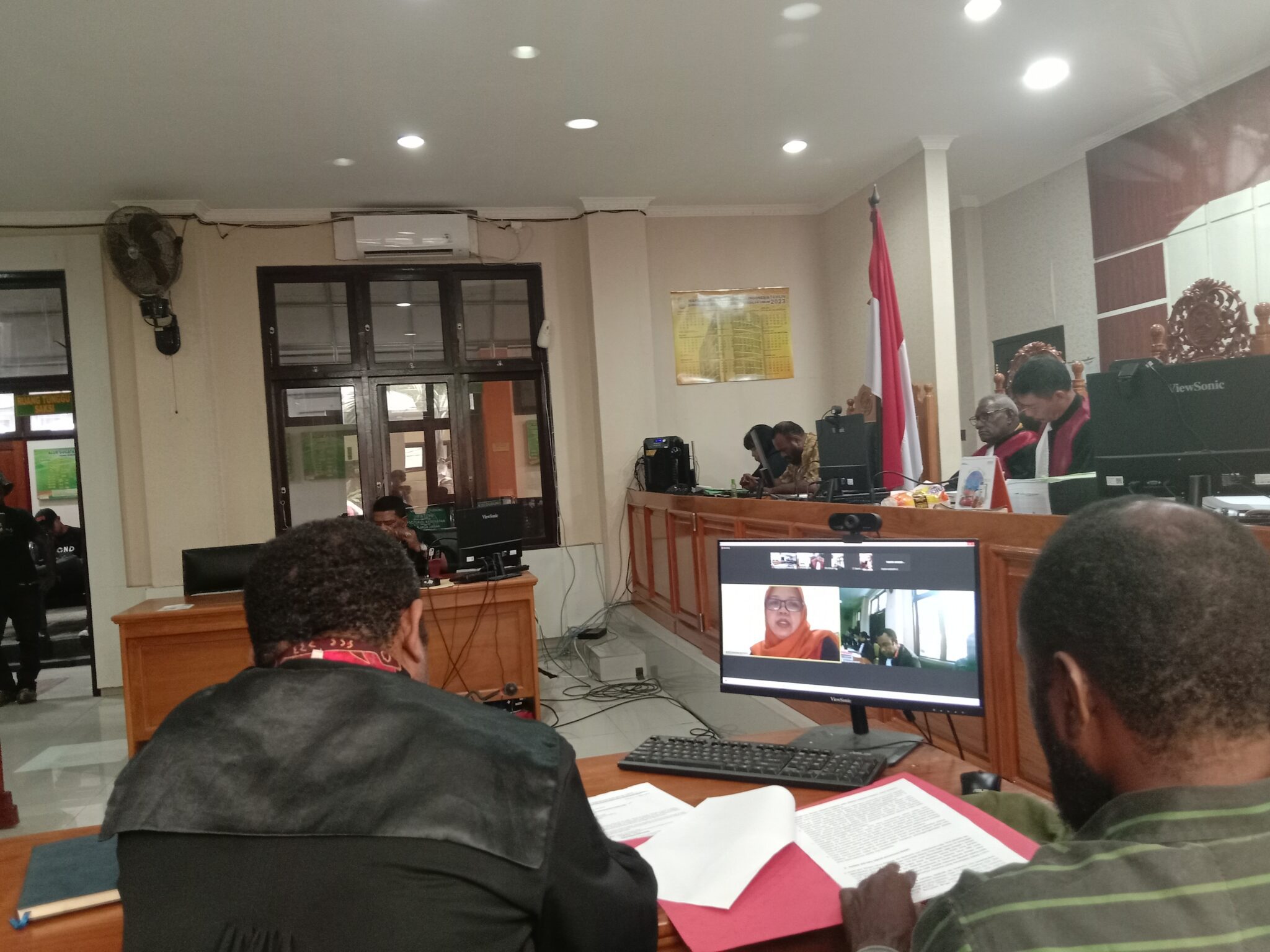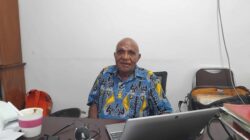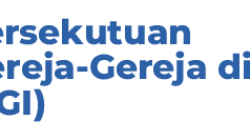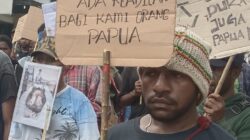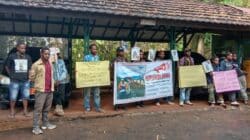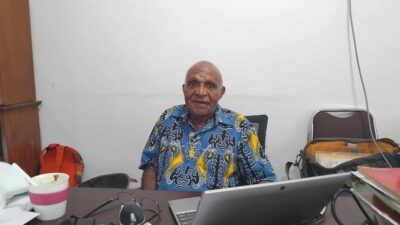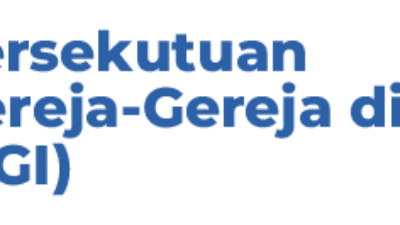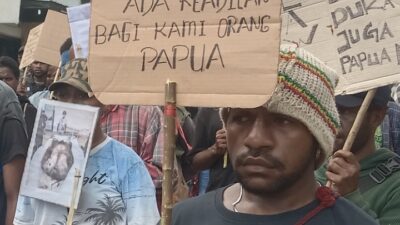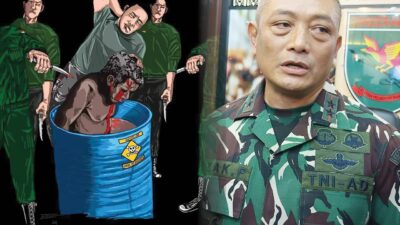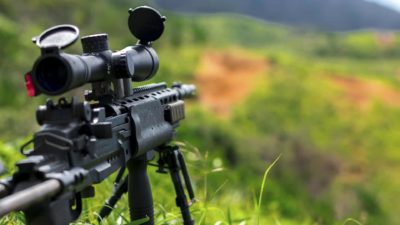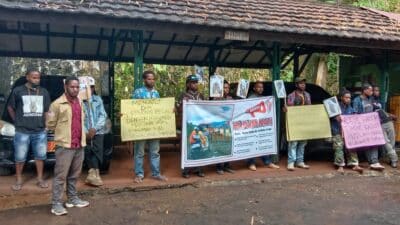Jayapura, Jubi – The Jayapura District Court on Friday, March 31, 2023, held another trial against International Spokesperson of the West Papua National Committee (KNPB) Viktor Yeimo. In the hearing, Yiemo’s criminal expert witness Amira Paripurna said that anti-racism protests and referendum demands were not treason.
Viktor Yeimo was alleged of treason because of his alleged participation in the anti-racism rally protesting racial slurs directed at Papuan students at the Kamasan III Student Dormitory in Surabaya on August 16, 2019. Yeimo was alleged of leading demonstrations that took place in Jayapura City on August 19 and 29, 2019.
In Friday’s hearing, Viktor Yeimo’s legal counsel presented Airlangga University Faculty of Law lecturer Amira Paripurna as a criminal law expert witness. As an expert witness, Amira explained the definition of criminal acts, treason, racism, and incitement.
Amira said that anti-racism expressions and political expressions demanding a referendum could be punished with the treason article. According to Amira, expressions for self-determination are protected in national and international legal systems.
Amira said that the phrase ‘treason’ has the meaning of a threat to the security of the state, and the threat must fulfill the elements of an attack that had actually caused victims and the initial plan to carry out an evil act.
Meanwhile, said Amira, the Morning Star symbol and flag both were socio-cultural expressions and political expressions associated with the action of rejecting racism and discrimination, and those were guaranteed as a constitutional right.
“Chanting ‘Free Papua’ and demanding a referendum are part of delivering anti-racism expressions and those are protected by law. Those are the rights and obligations of citizens to fight racist discrimination, it must be protected by the state,” Amira said in court.
Amira said that even among experts and academics there were still different interpretations of the treason offense. There are a group of experts who interpret it as an attack or an act of violence and the other group interpret it as an incomplete offense of trial.
However, she elaborated while citing the Constitutional Court Decision Number 7/PUU-XV/2017 on treason, which says law enforcement officials must be careful in applying treason articles. The Constitutional Court deemed treason articles should not be a tool for law enforcement officials to act arbitrarily to silence freedom of expression in a democratic state.
“Law enforcement officials must be careful in using the treason article,” she emphasized.
According to Amira, offenses against state security were often motivated by political objectives, and each government had its own understanding and interpretation of politics. Therefore, treason articles were easily used by the ruling regime to silence political opponents of the ruling government.
The treason articles were not only used during the Old Order and New Order regimes. Recently, the treason articles have been used by the government to arrest a number of activists. “The article was used to repress political opponents by the Old Order regime, the New Order and the current government,” she said.
Amira added that a protest was not categorized as political offenses, and anti-racism protest was not a form of incitement. Amira said that the acts of incitement prohibited in Article 160 of the Criminal Code meant inciting others orally or in writing to commit a criminal offense, to commit violence against the public authority, to disobey laws and regulations, or to disobey an official order given under laws and regulations.
Thus, she said, the act of incitement contained in Article 160 of the Criminal Code was limitative, which must contain the four material acts above. “On the other hand, public expression that is not a threat but purely advocates, prevents, or fights against racism and discrimination is protected by legislation,” she concluded. (*)


